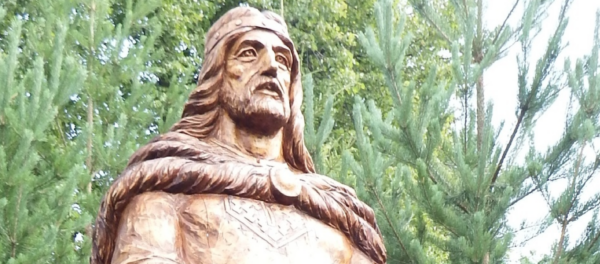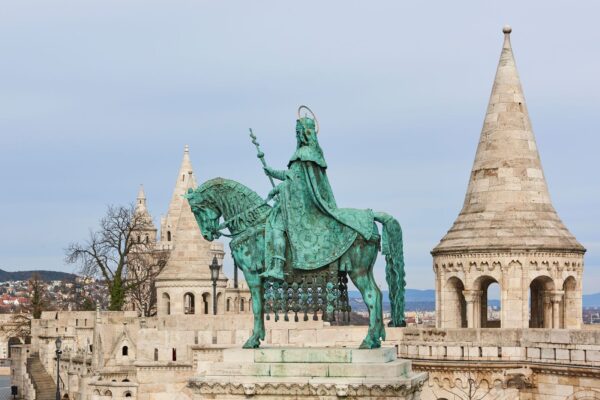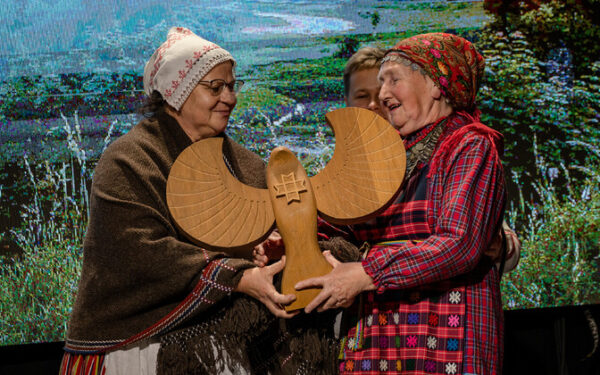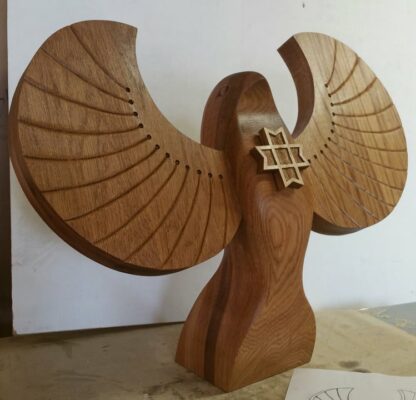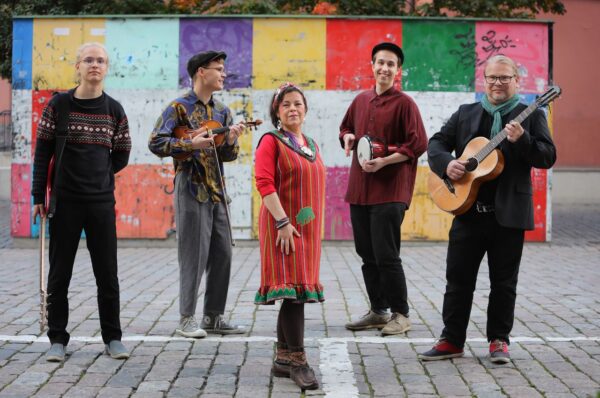Mulgimaa passes on the title of Finno-Ugric Capital of Culture to Udmurtia
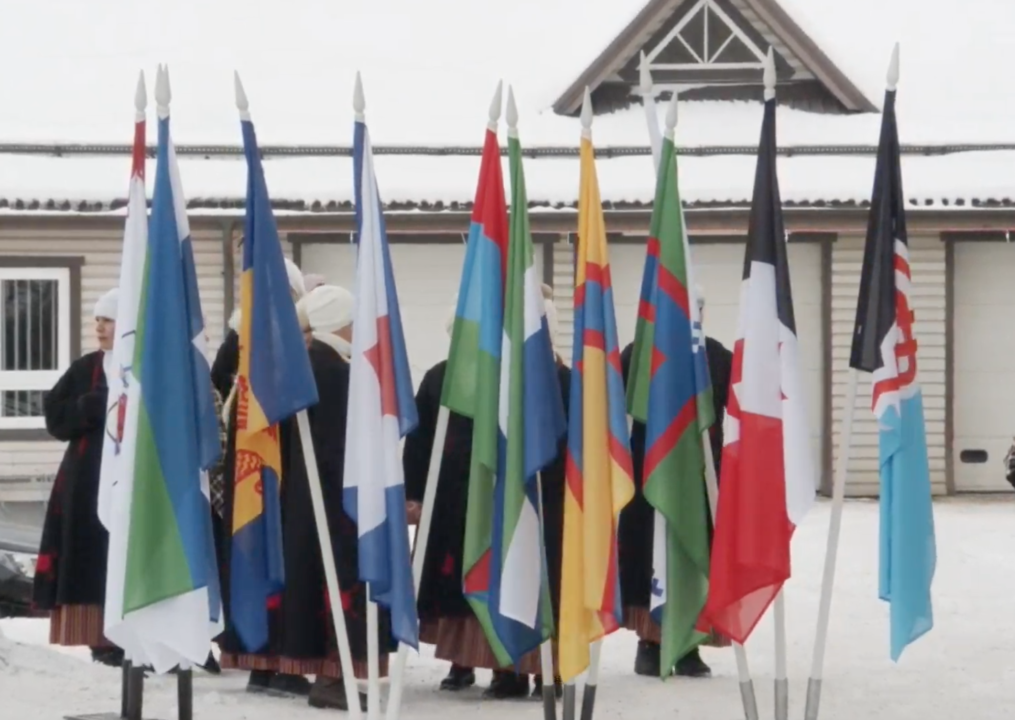
The year of Abja-Paluoja, the historic capital of Mulgimaa, as the Finno-Ugric Capital of Culture, is drawing to a close. On 27 November, the baton will be passed on to the village of Baiterek in Udmurtia. The spectacular cultural year will reach a dignified climax with the XIII Mulgi Conference, the announcement of the winner of the Pride of Mulgimaa Award, and the 25th anniversary of the Institute of Mulgi Culture. The event will be broadcasted at 1 PM Estonian time via the following link: https://youtu.be/dx4Lz4UsMMs.
On 27 November, the closing ceremony of the Finno-Ugric cultural year will take place in Abja-Paluoja. The traditional Mulgi conference, which this year bears the title “Mulgimaa in the World – The World in Mulgimaa,” is inspired by the title of the Capital of Culture.
Ave Grenberg, Head of the Institute of Mulgi Culture and Project Manager of the Year of Culture, said that the year as the Finno-Ugric Capital of Culture gave Mulgimaa an opportunity to stand out in the Finno-Ugric cultural space and introduce the cultural diversity of kindred peoples to Mulgimaa through various events throughout the year.
“Today, only Estonia, Finland, and Hungary have managed to preserve their statehood, but as Finno-Ugric kindred people, we all have our own traditions, history, designs, and, above all, the people who pass on and preserve our culture,” said Ave Grenberg.
This is why the title of Finno-Ugric Capital of Culture will be passed on to Baiterek in Udmurtia at the XIII Mulgi Conference, which will reflect on the role of different cultural spaces in the world and on what Mulgimaa has to offer the world and vice versa.
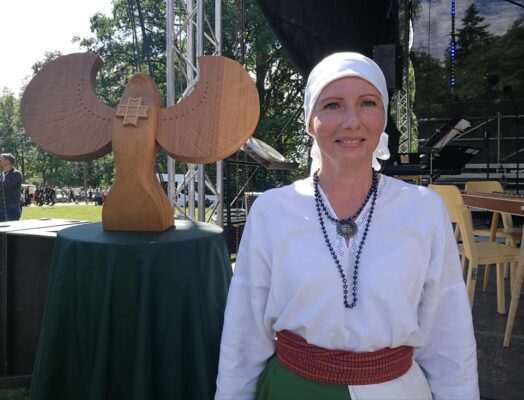
At the closing ceremony of the Finno-Ugric Year of Culture, participants will be addressed by President Toomas Hendrik Ilves and Minister of Culture Tiit Terik.
Participants at the conference will include pilot Mart Lubi, entrepreneur Siim Kabrits, custodian of the Mulgi language and culture Alli Laande, CEO of the NGO URALIC Centre Oliver Loode, and chairman of the Mulgi Support Group Helir Valdor-Seeder, who will discuss the opportunities for Mulgimaa to stand out in the world and use the experience of being the Capital of Culture for the future development of Mulgimaa.
At 18.00, the winner of the Pride of Mulgimaa Award will be announced, and the symbol of the Finno-Ugric kindred peoples’ movement, the Tsirk, will be handed over to the Udmurt village of Baiterek, the 2022 Finno-Ugric Capital of Culture.
“The Tsirk will fly from Mulgimaa to Udmurtia. The Finno-Ugric Year of Culture has brought us as kindred peoples closer together. We have all experienced the price of freedom in our own way. Today, we have the opportunity to speak the Mulgi language and teach our children Mulgi designs and patterns. It is a worth to be valued on a par with freedom,” added Grenberg.
At the closing of the Year of the Finno-Ugric Capital of Culture, the Institute of Mulgi Culture will also celebrate its quarter-centenary. It is the Institute of Mulgi Culture that has been the driving force behind the Capital of Culture year. According to Ave Grenberg, the current Director of the Institute of Mulgi Culture, the Mulgi language, and culture preserve the roots and essence of Mulgimaa, and this is what the Institute of Mulgi Culture is all about. “The statutory purpose of the Institute is to preserve and develop the Mulgi language, cultural heritage, and identity and to contribute to the development of the region. It is symbolic that in the year when Mulgimaa holds the title of the Finno-Ugric Capital of Culture, we are also celebrating the 25th anniversary of the Institute,” Grenberg added.
At the closing event of the Year of Culture to be held at the Abja Sports and Cultural Centre, the rugs of kindred peoples woven during the year will be displayed. “The weaving of the kindred peoples’ rugs for the Mulgi party and the Finno-Ugric Capital of Culture was self-initiated projects inspired by the theme of the Capital of Culture. More than 500 people from across Estonia and Mulgimaa wove their good wishes into kindred peoples’ rugs,” said Grenberg, project manager of the Year of Culture.
Mulgi people introduced their home country to the 25 million Finno-Ugric speakers around the world, primarily through the historical Mulgi designs and patterns. Abja-Paluoja took the baton from the village of Mishkan in Bashkortostan, Russia.
To date, the title of Finno-Ugric Capital of Culture has been awarded to Udmurtian village Bygy (2014), Seto village Obinitsa (2015), Hungarian village Iszkaszentgyörgy and City of Veszprém (2016), Karelian village Vuokkiniemi (2017), Mari village Shorunzha (2019), Mari-speaking village Mishkan in Bashkortostan (2020).
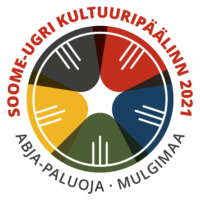
Translation: Balticid
